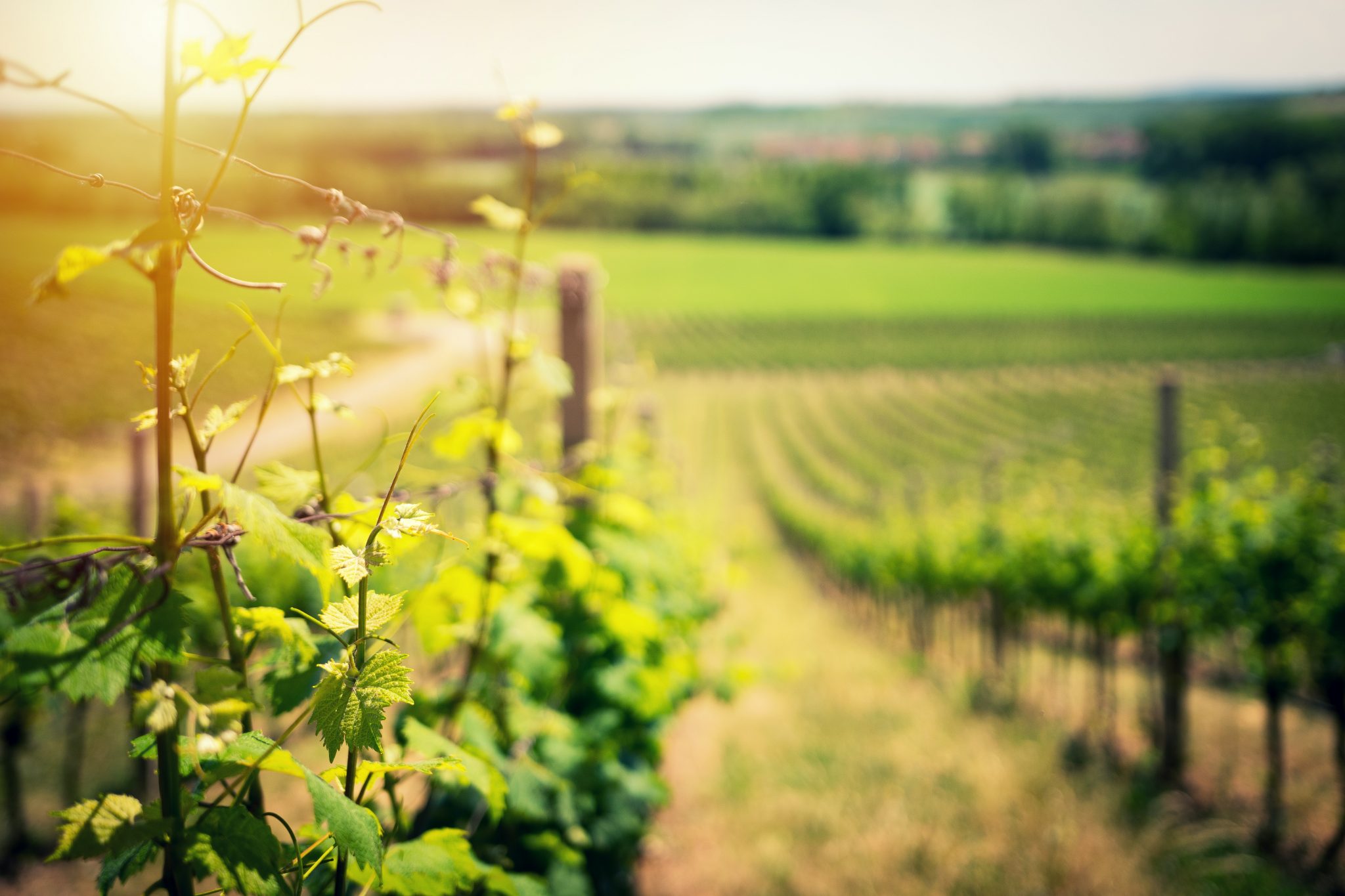Michigan Wines Gaining in Popularity, But Climate Change Could Threaten That Growth
In this episode of the Essential Cooking podcast, Sean O’Keefe of Mari Vineyards talks about what makes Michigan-made wine so unique, and how climate change is affecting the delicate environmental balance necessary for growing grapes in Michigan.

Subscribe where ever you listen to podcasts:
Apple Podcast — Spotify — Google Play — Stitcher — TuneIn — NPR
Michigan winemaking has grown in popularity in recent decades, but just like the time it takes for grapevines to mature, so do our tastes.
In the past, says Sean O’Keefe of Mari Vineyards, Michigan winemakers were trying to conform to traditional wine standards.
Instead, he says Michigan winemakers should embrace their uniqueness.
“We grow grapes on the very edge of where we can grow them in North America continent because of the cold temperatures from Canada above us. But we’re really good at it,” he says.
“Our reds have a little bit of acidity. Instead of trying to hide that, actually make that into a style.”
That approach is proving successful, with Michigan wines gaining popularity and appearing in more and more restaurants downstate.
Adapting to Climate Change
A key to the success of Michigan wineries is growing grapes that are able to withstand winter temperatures, like those from regions of northern Italy and Germany.
Another strategy is to use hoop houses, which raise the temperature anywhere from 12 to 15 degrees — enough to sustain growing into the fall.
Sometimes we have early frosts, sometimes we have hard winters, or sweltering summers.
As the effects of climate change continue to compound and average temperatures increase, wineries must continue to adapt.
The volatility of weather patterns poses the biggest threat to vineyards. When grape vines are dormant, they are at less risk of permanent damage. But if they’ve come out of dormancy, and then experience strong ups and downs in temperature, the vines can die.
“When the lakes freeze, especially Lake Michigan and Superior, all of a sudden we’re Fargo. All of a sudden we’ve lost all our protection,” O’Keefe says.
Winemakers around the world are also dealing with climate change, like wildfires in British Columbia, California and Australia.
In this episode:
- Embracing the unique character of Michigan wines
- Adapting to climate change in Michigan’s wine country
- The benefits of aging wines in a cave
Related stories:
- There’s a Wine for Everyone in Chris Hunter’s World
- The Never-ending Pursuit of Flavor, with Ryan Burk of Angry Orchard
- Extend Your Growing Season With a Hoop House
Trusted, accurate, up-to-date
WDET is here to keep you informed on essential information, news and resources related to COVID-19.
This is a stressful, insecure time for many. So it’s more important than ever for you, our listeners and readers, who are able to donate to keep supporting WDET’s mission. Please make a gift today.
